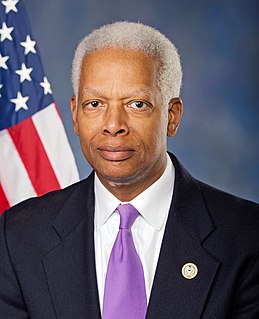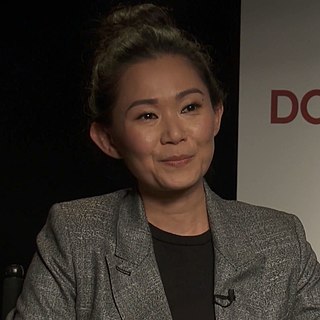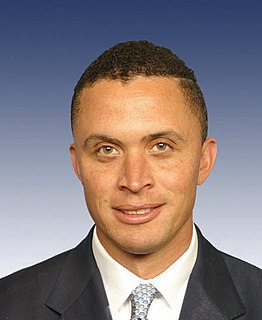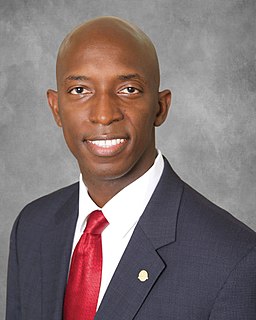A Quote by Hank Johnson
Most Americans have parents or grandparents who immigrated to this country, and we know the hardships they faced, from learning the language to dealing with prejudice.
Related Quotes
I was for civil unions and believed strongly that the flow of benefits and protections that would be provided in a civil union for same-sex couples‚ the decisions that have to be made‚ when health hardships are faced‚ when economic hardships are faced‚ I wanted all of those protections. I never strayed from them.
I was for civil unions and believed strongly that the flow of benefits and protections that would be provided in a civil union for same-sex couples, the decisions that have to be made, when health hardships are faced, when economic hardships are faced, I wanted all of those protections. I never strayed from them.
If you apologize to me, I look at it as an insult because my parents, my grandparents, my great-grandparents, like every other culture out there, did exactly what they needed to do. They worked hard, and they became part of the American way, and they earned the respect of Americans across the board. We need to do the same.
Everyone is used to speaking a slightly different "language" with their parents than with their peers, because spoken language changes every generation - like they say, the past is a foreign country - but I think this is intensified for children whose parents also grew up in a geographically foreign country.
Go to the place where the thing you wish to know is native; your best teacher is there. Where the thing you wish to know is so dominant that you must breathe its very atmosphere, there teaching is moat thorough, and learning is most easy. You acquire a language most readily in the country where it is spoken; you study mineralogy boat among miners; and so with everything else.
We've seen the struggle, and we know that most American families are dealing with some sort of struggle like we are. And I think they can relate to us, you know, as parents who are hopeful and are supportive of our son, and we will continue to be supportive. And I think that makes us more empathetic about helping other Americans.
I think the most important work that is going on has to do with the search for very general and abstract features of what is sometimes called universal grammar: general properties of language that reflect a kind of biological necessity rather than logical necessity; that is, properties of language that are not logically necessary for such a system but which are essential invariant properties of human language and are known without learning. We know these properties but we don't learn them. We simply use our knowledge of these properties as the basis for learning.

































